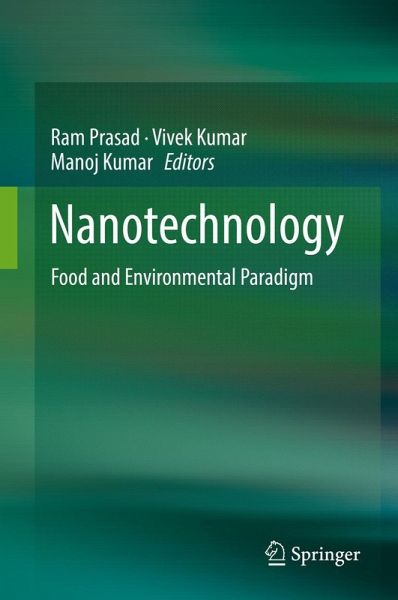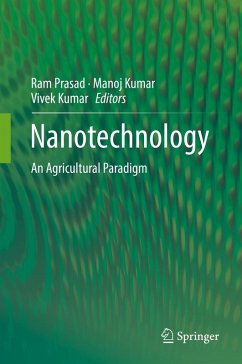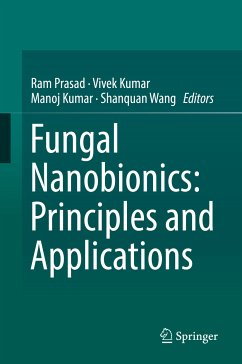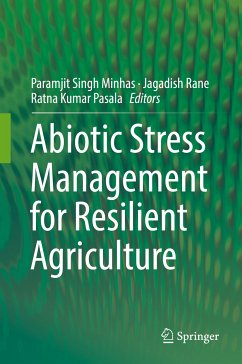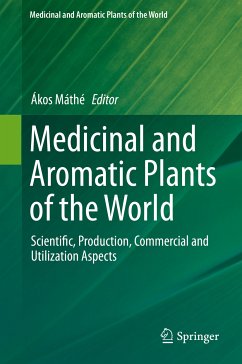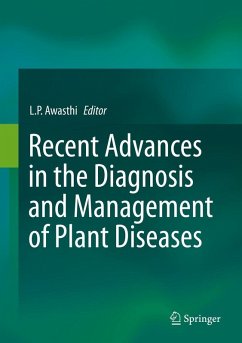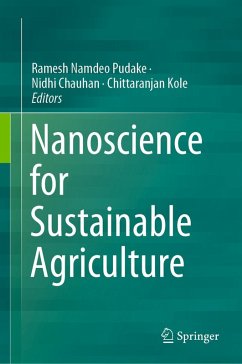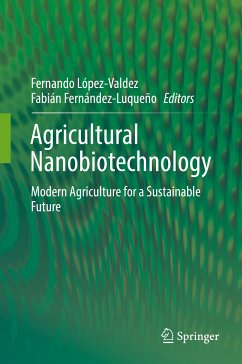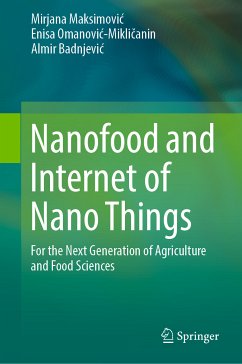Dr. Ram Prasad is Assistant Professor at the Amity Institute of Microbial Technology, Amity University, Uttar Pradesh, India. His research interest includes plant-microbe-interactions, sustainable agriculture and microbial nanobiotechnology. Dr. Prasad has more than hundred publications to his credit, including research papers & book chapters and five patents issued or pending, and edited or authored several books. Dr. Prasad has eleven years of teaching experience and he has been awarded the Young Scientist Award (2007) and Prof. J.S. Datta Munshi Gold Medal (2009) by the International Society for Ecological Communications; FSAB fellowship (2010) by the Society for Applied Biotechnology; Outstanding Scientist Award (2015) in the field of Microbiology by Venus International Foundation; and the American Cancer Society UICC International Fellowship for Beginning Investigators (USA, 2014). In 2014-2015, Dr. Prasad served as Visiting Assistant Professor in the Department of Mechanical Engineering at Johns Hopkins University, USA. Dr. Manoj Kumar is a scientist with sanguine behavior who is adoring about research and development, with a commitment to lifelong learning. He is determined on high quality science that contributes broadly to both increasing intellectual knowledge of plant development and to increasing the ecological niche. He has a high level of professional desire and intellectual hunt, and the potential to fulfil the dream of his high impact publications and the future recognition of these by academic peers. Dr. Kumar has pursued his PhD in Plant Biotechnology from prestigious Jawaharlal Nehru University and then awarded two postdoctoral fellowships consecutively: i) DBT-PDF from IISc Bangalore in 2005 and then NRF-PDF from University of Pretoria. Dr. Manoj Kumar is a researcher of Plant Biotechnology in the Division of Microbial Technology at the Amity University Uttar Pradesh, India. He referees for many more, including Phytoremediation, Journal of Soil Sediments and many more. Dr. Kumar's research is the integration of microbial genetics with a breadth of plant physiological approaches to enable novel gene discovery and conferring metabolites. Dr. Vivek Kumar is a scientist with involved in teaching, research and guidance, with a pledge to enduring knowledge. Dr. Kumar is working in the Institute of Microbial Technology at Amity University Uttar Pradesh, Noida, India. He obtained his masters and doctoral degree from CCS Haryana Agricultural University, Hisar, Haryana, India. He is serving in Editorial board of reputed international journals viz. Environment Asia, International Journal of Biological & Chemical Sciences, Journal of Advanced Botany and Zoology, Journal of Ecobiotechnology. He is also reviewer of Journal of Hazardous Materials, Science International, Acta Physiologiae Plantarum, Int. Research Journal of Plant Sciences, Int. J. Microbiology,African J Microbiology Research, Journal of Microbiology and Antimicrobials, Environment Science & Pollution Research, Rhizosphere. He has published 61 research papers, 19 book chapters, six review articles and two books. Dr. Kumar has also served as Microbiologist for eight years in Department of Soil and Water Research, Public Authority of Agricultural Affairs & Fish Resources, Kuwait. Dr. Kumar has organized number of conferences/workshops as convener/ organizing secretary.
